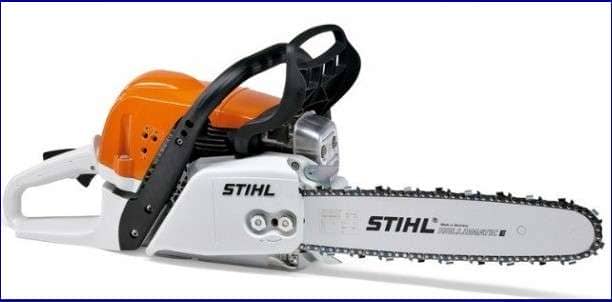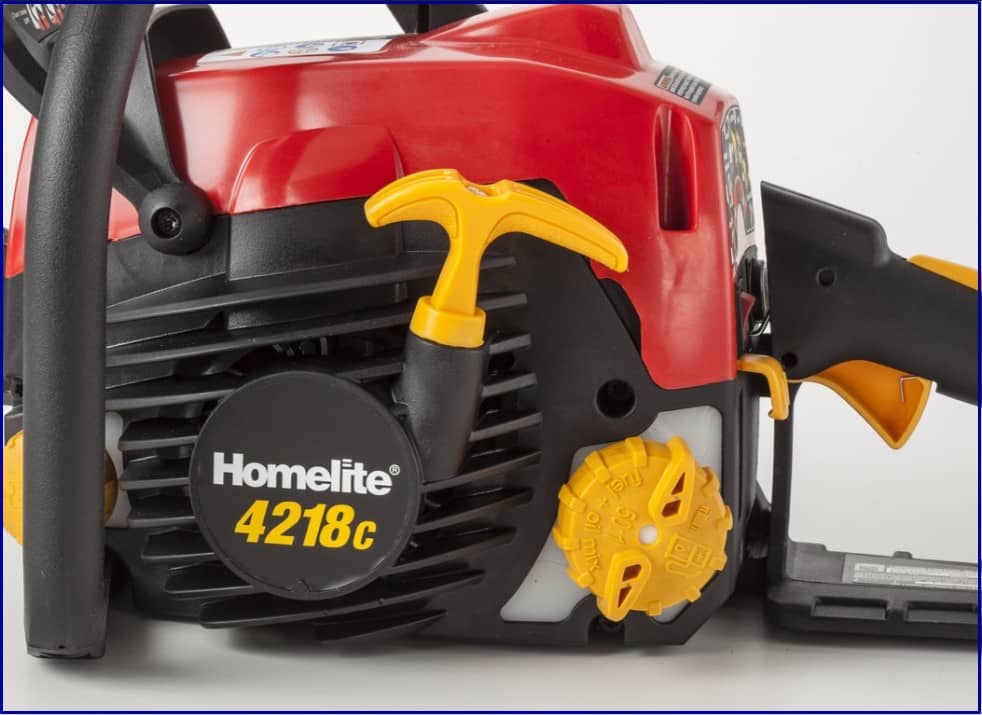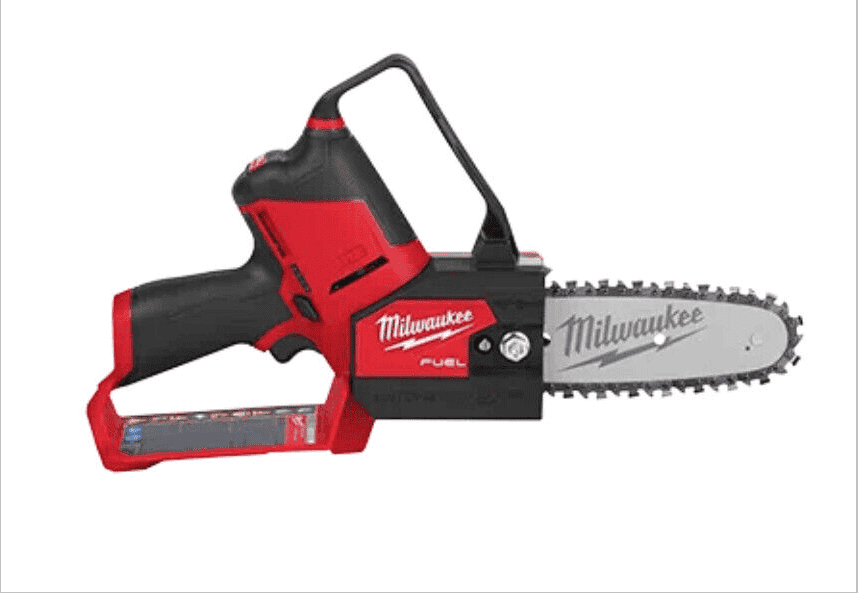In the realm of outdoor power tools, the Ryobi and Stihl brands stand as formidable contenders, particularly when it comes to chainsaws. To help you make an informed decision, let’s delve into a comprehensive comparison of Ryobi vs. Stihl chainsaws.
Power and Performance
Stihl chainsaws are renowned for their exceptional power and performance. They feature robust engines that deliver ample torque for tackling demanding tasks, such as felling large trees or cutting through thick logs. Ryobi chainsaws, on the other hand, offer a more balanced approach, providing sufficient power for most homeowners’ needs while maintaining a user-friendly design.
Durability and Reliability
Stihl chainsaws are built to withstand the rigors of professional use. They employ high-quality materials and precision engineering to ensure longevity and reliability. Ryobi chainsaws, while not as robust as their Stihl counterparts, still offer decent durability for occasional use.
Features and Ergonomics
Stihl chainsaws often come equipped with advanced features, such as anti-vibration systems, tool-less chain tensioning, and automatic oilers. These features enhance comfort and convenience during operation. Ryobi chainsaws typically have fewer bells and whistles but still provide essential features like chain brakes and adjustable handles for improved ergonomics.
Battery Chainsaws
In the realm of battery-powered chainsaws, both Ryobi and Stihl offer impressive options. Ryobi’s battery chainsaws are known for their affordability and ease of use, making them ideal for homeowners with smaller yards or occasional cutting needs. Stihl’s battery chainsaws, on the other hand, deliver professional-grade performance with extended run times and powerful motors.
Price and Value
Stihl chainsaws generally command a higher price tag than Ryobi chainsaws. However, this premium reflects the superior power, durability, and features that Stihl offers. Ryobi chainsaws provide excellent value for homeowners seeking a reliable and affordable option.
Conclusion
Ultimately, the best choice between Ryobi and Stihl chainsaws depends on your specific needs and budget. If you prioritize raw power, durability, and advanced features, Stihl is the clear winner. However, if you’re looking for a more budget-friendly option with sufficient power for most homeowners’ tasks, Ryobi is a solid choice. Whether you opt for a gas-powered or battery-powered model, both Ryobi and Stihl offer reliable and efficient chainsaws to meet your cutting needs.

Ryobi vs. Stihl Chainsaw: Which Brand Reigns Supreme?
In the realm of outdoor power tools, the debate between Ryobi and Stihl chainsaws has sparked countless discussions among homeowners and professionals alike. Both brands offer a range of models, each with its own strengths and weaknesses. To help you make an informed decision, let’s delve into a comprehensive comparison of Ryobi vs. Stihl chainsaws. Ryobi Battery Chainsaw, Best Review **2025
Ryobi, known for its affordable and user-friendly tools, offers a wide selection of electric and cordless chainsaws. Their electric models are ideal for light-duty tasks around the yard, while their cordless options provide greater mobility for more demanding jobs. Ryobi chainsaws are generally lightweight and easy to handle, making them suitable for beginners or occasional users.
On the other hand, Stihl is renowned for its high-performance and durable chainsaws. Their gas-powered models are designed for heavy-duty cutting and are favored by professionals and experienced homeowners. Stihl chainsaws are known for their powerful engines, robust construction, and advanced features such as anti-vibration systems and tool-less chain tensioning.
When it comes to electric chainsaws, Ryobi offers a wider range of models with varying power levels and features. Their 18-volt cordless chainsaw is a popular choice for homeowners, while their 40-volt model provides more power for larger cutting tasks. Stihl, on the other hand, has a limited selection of electric chainsaws, but their models are generally more powerful and durable.
In the cordless chainsaw category, Ryobi’s 18-volt and 40-volt models offer a balance of power and portability. They are suitable for a variety of tasks, from pruning branches to cutting small logs. Stihl’s cordless chainsaws, powered by their proprietary AP system, are known for their exceptional performance and long run times. However, they come at a higher price point than Ryobi’s cordless models.
Ultimately, the best choice between Ryobi and Stihl chainsaws depends on your specific needs and budget. If you’re looking for an affordable and easy-to-use chainsaw for light-duty tasks, Ryobi is a solid option. However, if you require a powerful and durable chainsaw for heavy-duty cutting, Stihl is the brand to consider.

Stihl vs. Ryobi Battery Chainsaw: Power and Performance Analysis
In the realm of outdoor power tools, the debate between Ryobi and Stihl chainsaws has long been a topic of discussion among homeowners and professionals alike. While both brands offer a range of models, their battery-powered chainsaws stand out as popular choices for various tasks.
When comparing the power and performance of Ryobi and Stihl battery chainsaws, several key factors come into play. First and foremost is the voltage of the battery. Ryobi offers chainsaws with batteries ranging from 18V to 40V, while Stihl’s battery-powered models typically operate at 36V or higher. Higher voltage generally translates to more power and longer run times.
In terms of cutting capacity, Stihl chainsaws tend to have an edge over Ryobi models. Stihl’s chainsaws often feature longer guide bars and more powerful motors, enabling them to handle larger logs and thicker branches with ease. However, Ryobi chainsaws are no slouch either, offering sufficient cutting power for most homeowners’ needs.
Another important consideration is battery life. Ryobi chainsaws typically have longer run times than Stihl models, thanks to their lower voltage batteries. This can be a significant advantage for extended cutting sessions or when working in remote areas without access to power outlets.
When it comes to features, both Ryobi and Stihl battery chainsaws offer a range of options to enhance user convenience and safety. Ryobi chainsaws often feature tool-free chain adjustments, automatic oilers, and ergonomic handles. Stihl chainsaws, on the other hand, are known for their advanced safety features, such as chain brakes and anti-kickback systems.
In terms of price, Ryobi chainsaws are generally more affordable than Stihl models. This makes them an attractive option for budget-conscious consumers or those who need a chainsaw for occasional use. However, Stihl chainsaws are considered a premium brand and offer superior performance and durability, which may justify the higher price tag for some users.
Ultimately, the best choice between a Ryobi and Stihl battery chainsaw depends on individual needs and preferences. If you prioritize power and cutting capacity, a Stihl chainsaw may be the better option. If you value affordability, longer run times, and ease of use, a Ryobi chainsaw could be a suitable choice.

Stihl vs. Ryobi Chainsaw: A Detailed Comparison of Features
When it comes to choosing a chainsaw, two of the most popular brands are Ryobi and Stihl. Both brands offer a wide range of models, from small electric chainsaws to large gas-powered models. But which brand is right for you? To help you make a decision, we’ve put together a detailed comparison of Ryobi and Stihl chainsaws.
Power
One of the most important factors to consider when choosing a chainsaw is power. Ryobi chainsaws typically have less power than Stihl chainsaws. This is because Ryobi chainsaws are designed for homeowners and occasional users, while Stihl chainsaws are designed for professional users. If you need a chainsaw for heavy-duty tasks, such as cutting down trees or felling logs, then you’ll need a Stihl chainsaw.
Weight
Another important factor to consider is weight. Ryobi chainsaws are typically lighter than Stihl chainsaws. This is because Ryobi chainsaws are made with lighter materials, such as plastic. Stihl chainsaws, on the other hand, are made with heavier materials, such as metal. If you need a chainsaw that you can easily carry around, then you’ll want a Ryobi chainsaw.
Price
Ryobi chainsaws are typically less expensive than Stihl chainsaws. This is because Ryobi chainsaws are made with less expensive materials and components. Stihl chainsaws, on the other hand, are made with more expensive materials and components. If you’re on a budget, then you’ll want a Ryobi chainsaw.
Features
Ryobi and Stihl chainsaws offer a variety of features, such as automatic oilers, anti-vibration systems, and chain brakes. However, Stihl chainsaws typically offer more features than Ryobi chainsaws. This is because Stihl chainsaws are designed for professional users, who need more features to get the job done.
Warranty
Ryobi chainsaws typically come with a shorter warranty than Stihl chainsaws. This is because Ryobi chainsaws are designed for homeowners and occasional users, who don’t need as long of a warranty. Stihl chainsaws, on the other hand, are designed for professional users, who need a longer warranty to protect their investment.
Conclusion
So, which brand of chainsaw is right for you? If you’re a homeowner or occasional user, then a Ryobi chainsaw is a good option. Ryobi chainsaws are less expensive, lighter, and easier to use than Stihl chainsaws. However, if you’re a professional user, then a Stihl chainsaw is a better option. Stihl chainsaws are more powerful, durable, and feature-rich than Ryobi chainsaws.

Q&A
Which brand offers a wider range of chainsaw models?
Stihl
Which brand is known for its durability and reliability?
Stihl
Which brand offers more affordable chainsaws?
Ryobi
Which brand is better for occasional use?
Ryobi
Which brand is better for professional use?
Stihl





